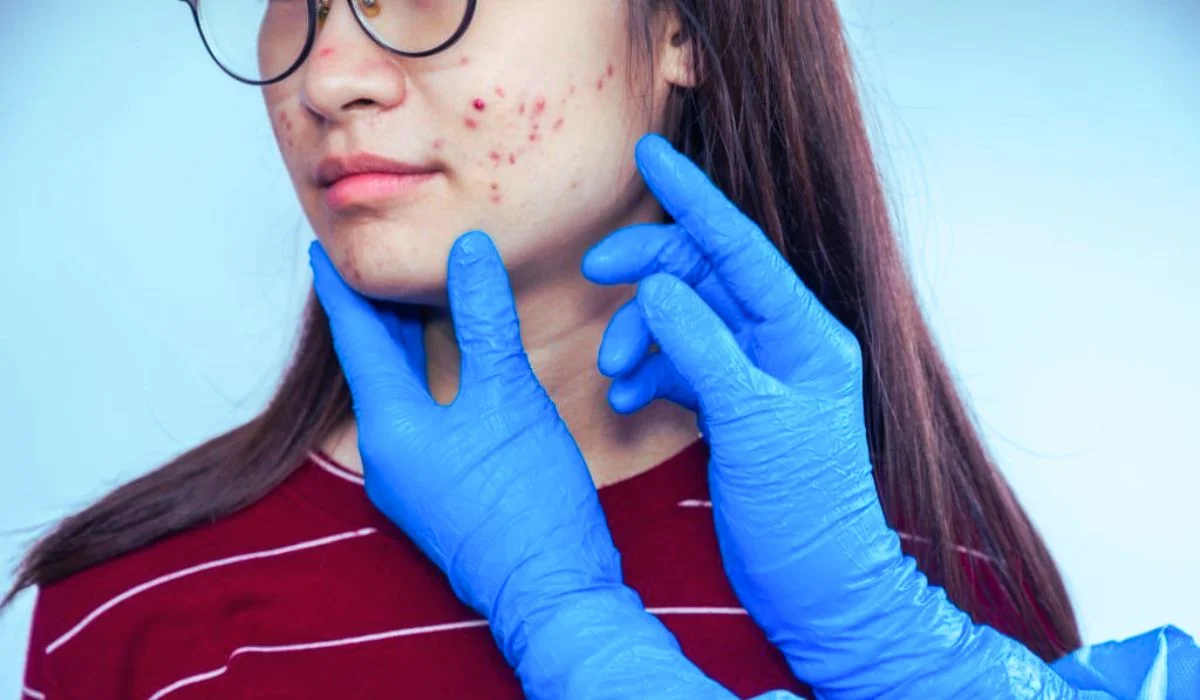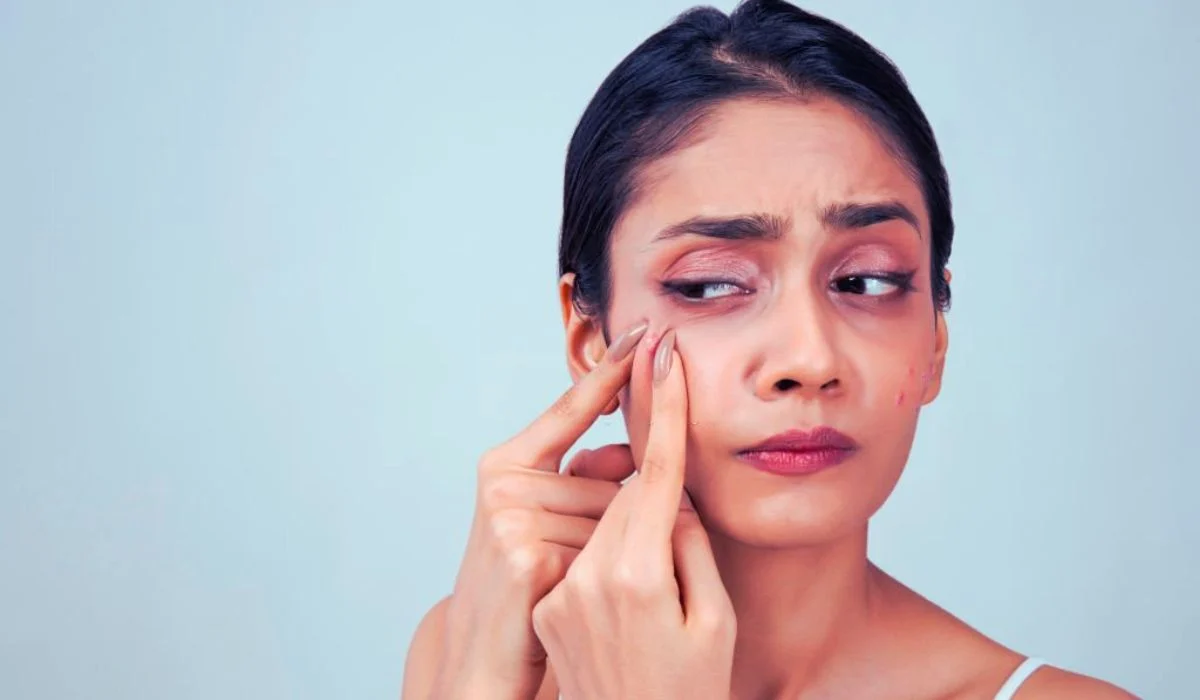Acne, a pesky skin condition, can cause frustration and low self-esteem. Hormonal acne affects people during times of hormone flux such as puberty, pregnancy, and menopause. To help you manage, here are some remedies and prevention techniques.
Skincare is key! Develop a consistent routine: cleanse your face twice daily, apply non-comedogenic moisturizers, and use sunscreen.
Diet is also important. Eat a balanced diet with fruits, veggies, whole grains, and lean proteins. Cut down on sugary foods, dairy, and processed foods to reduce breakouts.
And don’t forget about stress! Exercise, meditate, or do yoga to reduce stress levels. Studies show that stress can worsen acne due to increased oil production in the skin.
Understanding Hormonal Acne
Hormonal acne is a common skin condition caused by an increase in androgen levels. It’s characterized by breakouts around the chin and jawline. It’s essential to understand it to treat and prevent it.

It can vary in severity from person to person. It’s triggered by life stages such as puberty, PMS, pregnancy, and menopause. Knowing these can help manage it.
By understanding and managing it, individuals can take control of their skin health.
Factors Contributing To Hormonal Acne
Hormonal acne is caused by several factors. These include:
- Hormonal Fluctuations: During puberty, hormone levels surge. This boosts the production of oil, leading to clogged pores and acne.
- Excessive Sebum Production: Too much skin oil mixes with dead skin cells and bacteria, blocking pores and causing acne.
- Clogged Pores: High skin cell turnover causes dead cells to mix with sebum and block pores, resulting in inflammation and acne.
Diet and stress also influence hormonal acne. Eating too much-refined sugar and processed food aggravates hormone imbalances. Plus, stress messes up hormone regulation, making existing acne worse.
But don’t worry – there are ways to address hormonal acne! Cleanse your face twice daily with a gentle cleanser to remove impurities. Use topical treatments with benzoyl peroxide or salicylic acid to reduce inflammation and unclog pores. Lastly, eat fruits, veggies, and lean proteins to promote skin health and manage hormones.
Remedies For Hormonal Acne
For those dealing with hormonal acne, finding solutions is a must. Here are 5 powerful ways to help tackle this common skin issue:
- Having a regular skincare routine is vital. Clean your face twice daily with a mild cleanser to remove oil and dirt.
- Furthermore, applying topical treatments containing ingredients like salicylic acid or benzoyl peroxide can clear pores and reduce swelling.
- What’s more, diet can influence hormonal imbalances. Have a balanced diet with lots of fruit and veg for healthy skin from within.
- Stress management is also essential for healthy skin. Do activities like yoga or meditation to lower stress levels and minimize hormone changes.
- Finally, avoid popping or picking acne spots, as this can cause more inflammation and scarring.
Along with these remedies, individual treatment might be needed, depending on the hormone levels and acne severity. It’s wise to consult a dermatologist for personalized advice.
Conclusion
Dealing with hormonal acne can be tricky. But, there are ways to help manage it! Follow these tips for clearer skin:
✅ Have a proper skincare routine: Cleanse your face twice a day with a gentle cleanser. Exfoliate regularly to unclog pores and remove dead skin cells.
✅ Eat an anti-inflammatory diet: Avoid sugar, refined carbs, and dairy. Eat fruits, veggies, whole grains, and lean proteins for essential nutrients.
✅ Manage stress: High levels of stress can trigger hormone fluctuations causing breakouts. Try yoga or meditation to reduce stress and promote hormonal balance.
✅ Consult a dermatologist: They may suggest topical retinoids, antibiotics, oral contraceptives, or spironolactone for hormonal regulation.
Be patient and consistent with your skincare regimen. Healthy lifestyle practices will help clear skin in the long run.

